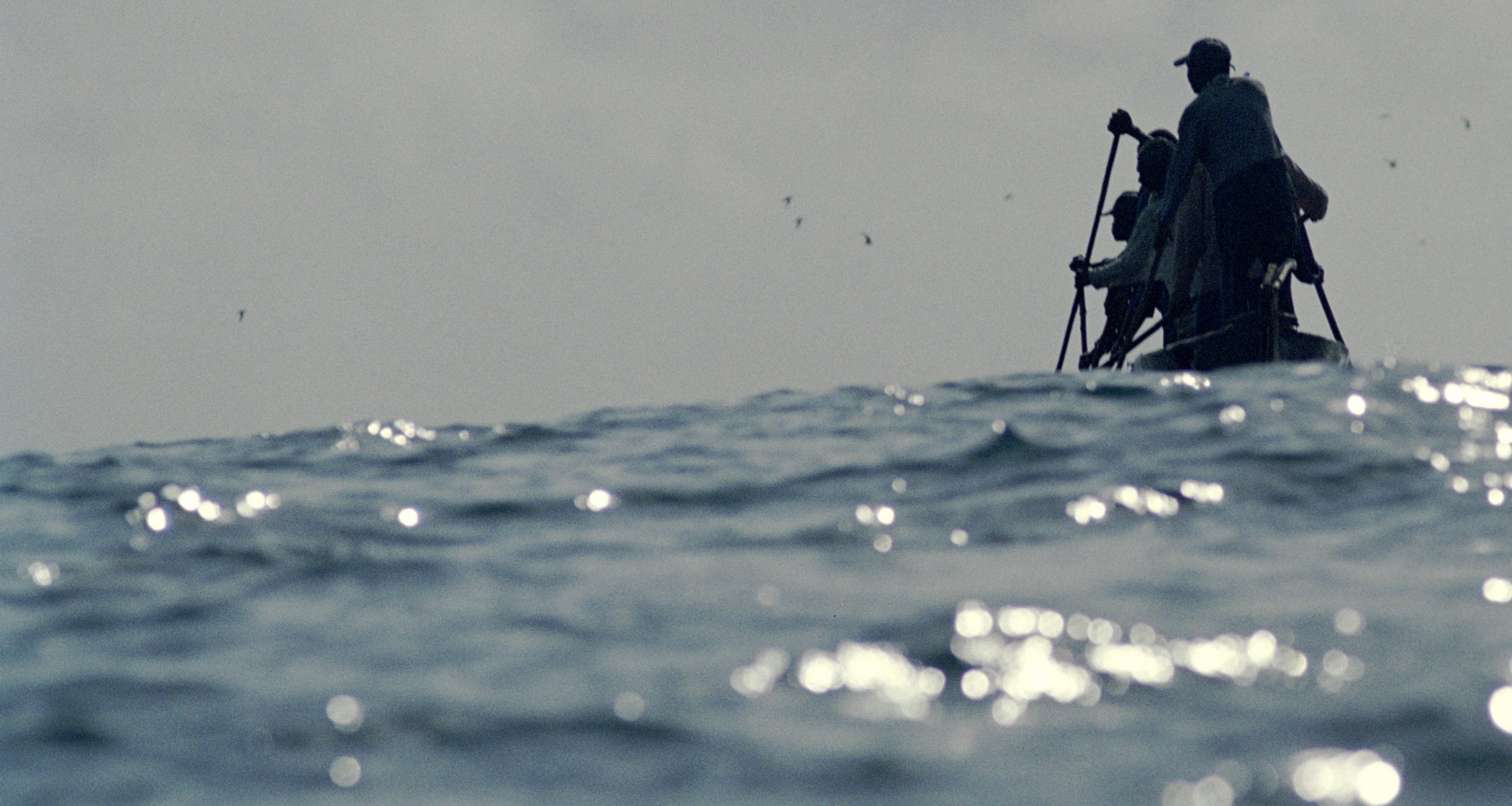
Commons as an element of sustainable development
A central problem on the road to a good future for all is the actual or apparent shortage of all types of goods. The loss of biodiversity is an example of actual impoverishment. In many areas, however, it is precisely the withdrawal of access or privatisation of the use of the planet that leads to a shortage of goods and impoverishment. Mostly with fatal consequences. One measure against this threatening global trend is a return to the principle of commons and to tried and tested methods of how they can be used for the benefit of all (commoning).
Coastal communities have developed a long tradition of shared use of natural resources. The sea usually belonged to no one and in many cases it could only be used jointly and in agreement. Mostly it was about fishing, but also about infrastructure, such as port facilities or joint protection against storms and floods. These experiences and traditions can be continued, even if many things in the course of industrialisation and disenfranchisement initially do not seem up to date.
How can it work?
A small group of fishermen on the west coast of Denmark is finding innovative ways to maintain the viability of their fishery and make it attractive for younger generations to join the business.


